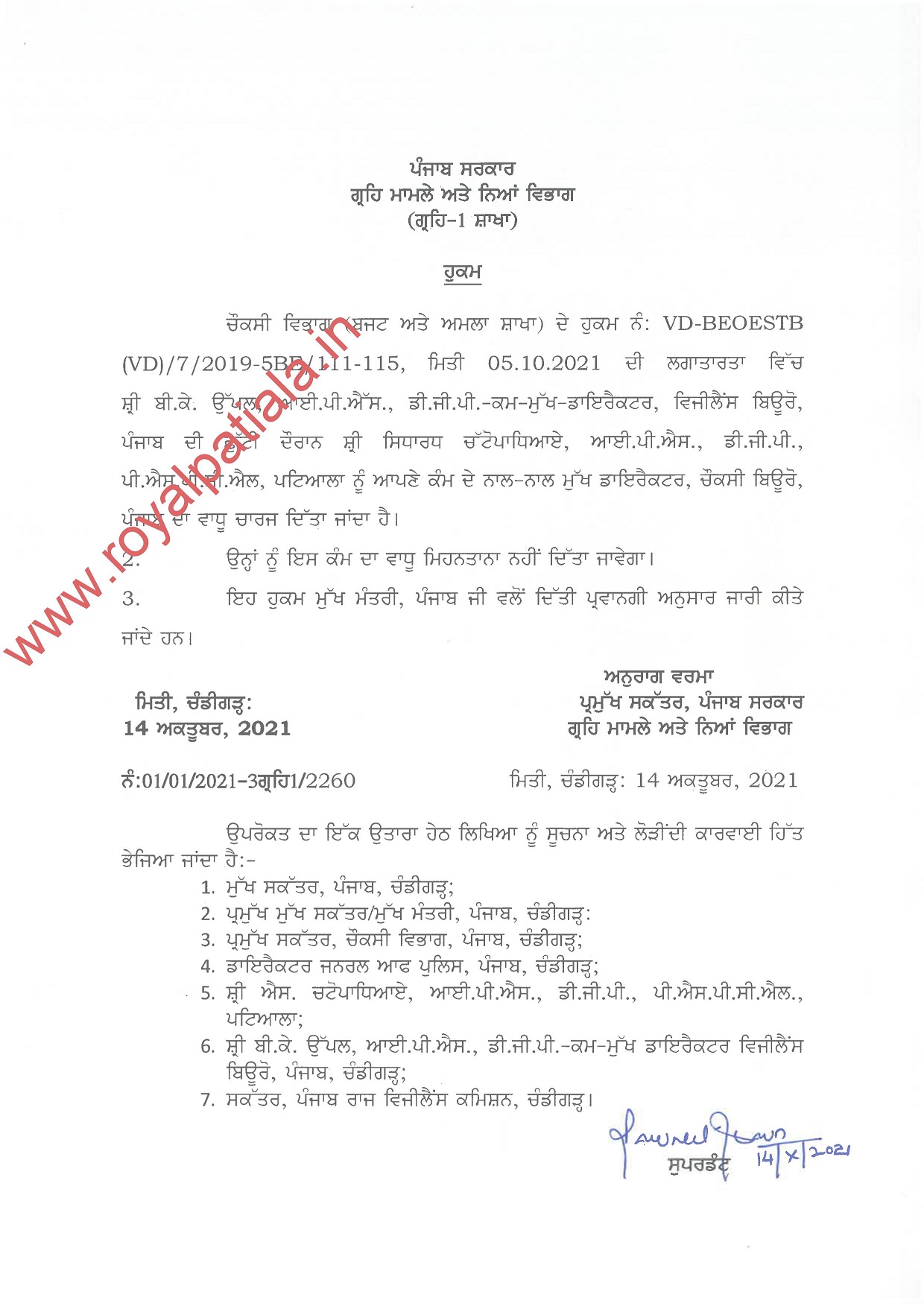Punjab Records Highest Debt-to-GSDP Ratio among all states: CAG Report
Kanwar Inder Singh/ royalpatiala.in News/ September 20,2025
The Comptroller and Auditor General of India (CAG), K. Sanjay Murthy, has released a first-of-its-kind decadal report (2013–14 to 2022–23) on the fiscal health of Indian states, highlighting a sharp increase in public debt and its implications for fiscal sustainability.
According to the report, Punjab recorded the highest debt-to-GSDP ratio in the country at the end of the 2022–23 financial year.
| State | Debt (as % of GSDP) | Public Debt (as of March,2023) | GSDP (2022-23) |
| Punjab | 40.35% | Rs. 2,76,459 cr | Rs. 6,85,146 cr |
The report stated that Punjab’s total public debt—comprising internal debt, and loans and advances from the Central Government—stood at ₹2,76,459 crore at the end of FY 2022–23. This accounted for 40.35% of its Gross State Domestic Product (GSDP), the highest ratio among all states. GSDP is the value of all finished goods and services produced within a state’s geographical boundaries.
“In Punjab, The capital expenditure in education, art and culture, and sports fell consistently from ₹227 crore in 2019–20 to ₹183 crore in 2022–23,” the report said
Furthermore, the report highlighted that Punjab’s capital expenditure was as low as 26% of its net borrowings.
What is Debt-to-GSDP ratio?
A Debt-to-Gross State Domestic Product (GSDP) ratio is a critical metric assessing a state’s ability to service its debt – indicating its ability to repay debt.
- A higher ratio signals greater financial risk.
2. A lower ratio suggests greater stability and capacity to handle debt.
What is the acceptable level of debt-to-GSDP ratio?
The NK Singh Committee (a government-appointed committee established in 2016 to review the FRBM Act and provide a future fiscal roadmap for India) recommended a debt-to-GSDP ratio of 20% for states.













